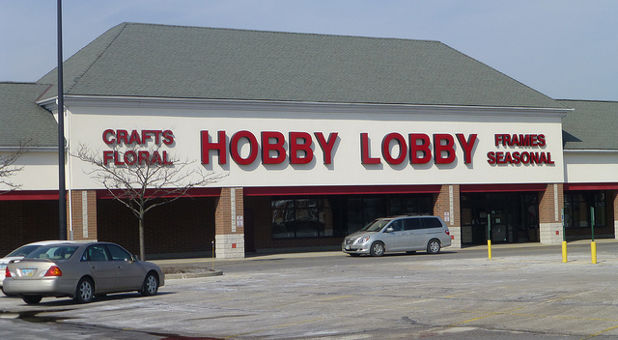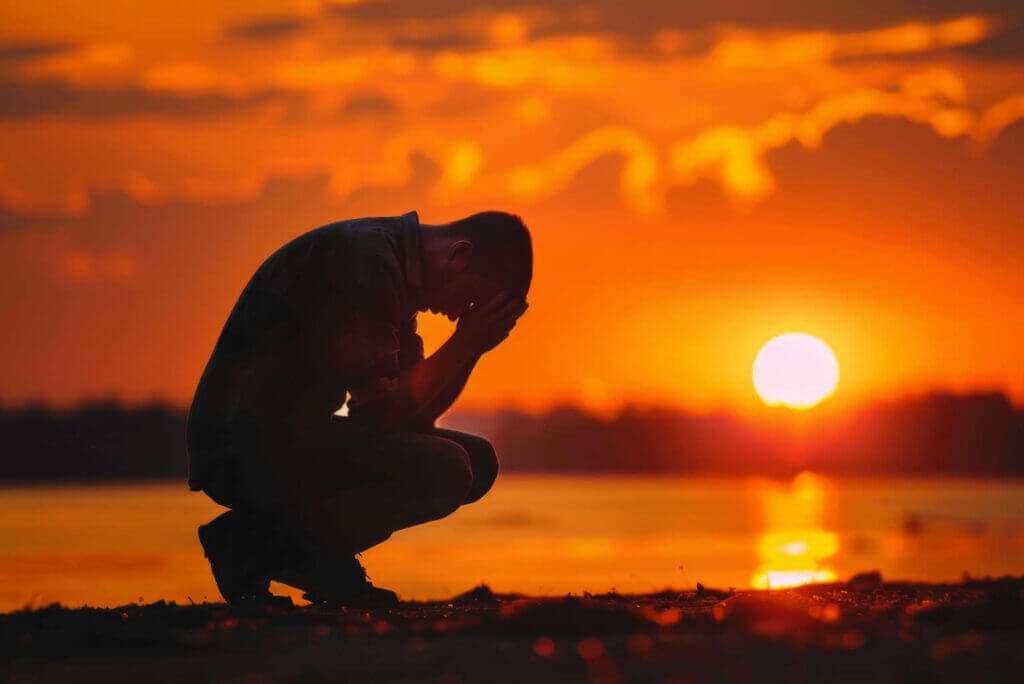The U.S. Supreme Court could dodge the contentious question of whether corporations have religious rights when it weighs objections to an Obamacare requirement that employers provide insurance coverage for contraception.
The court, which hears oral argument in two consolidated cases on Tuesday, could rule that individuals who own closely held companies, rather than the corporations themselves, can argue their religious rights have been violated. Such a ruling would allow the court to avoid criticism that it favors corporate rights too much.
The latest challenge to part of President Barack Obama’s 2010 health care overhaul is one of the most closely watched cases before the nine justices this year, mixing religion, women’s rights and politics.
The cases were brought by owners of companies that want an exemption from the so-called “contraception mandate” provision. A ruling is expected by the end of June.
The justices will weigh whether the companies or their owners have a claim under a 1993 federal law called the Religious Freedom Restoration Act (RFRA) and the First Amendment to the U.S. Constitution, which ensures the free exercise of religion. Religious institutions are exempt from the regulation.
One option for the justices is to adopt the approach a federal appeals court in Washington took in one of dozens of cases being litigated around the country and rule owners have a right to object, ignoring the question of whether companies can.
“It does kind of give a middle way to duck the legally controversial question,” said Francis Manion, a lawyer for Roman Catholic brothers Francis and Philip Gilardi in the case decided by the Washington, D.C., court. The brothers own Freshway Foods and Freshway Logistics in Sidney, Ohio, and object to providing insurance that covers all federally approved contraceptives.
Obamacare has faced political and legal hurdles, especially from Republicans, since the president, a Democrat, made it his signature policy. In June 2012, the justices upheld by a 5-4 vote the constitutionality of Obamacare’s core feature that requires people to get health insurance. This issue is the first Obamacare case the court has taken since then.
The companies involved do not all oppose all forms of contraception. The contraceptive mandate covers various types of contraception approved by the federal government, including Plan B, the so-called morning-after pill, to which some Christians especially object, viewing it as akin to taking a life.
Religious Rights for Corporations?
The first of the two consolidated cases was brought by two plaintiffs, arts-and-crafts retailer Hobby Lobby Stores Inc and Mardel, a chain of Christian bookstores. Both are owned and operated by David and Barbara Green and their children, who are evangelical Christians.
The other case was brought by a Mennonite family that has a company in Pennsylvania, Conestoga Wood Specialties Corp. This is owned by Norman and Elizabeth Hahn and their three sons.
Hobby Lobby has around 13,000 full-time employees while Conestoga Wood has 950.
A ruling from the high court similar to the Gilardi decision in Washington would enable the justices to duck the kind of criticism they faced, mainly from liberals, four years ago when the court was seen to side with the notion of corporate personhood. On a 5-4 vote, the court endorsed broad free-speech rights for corporations in the campaign finance context in a case called Citizens United v. Federal Election Commission.
The second question for the court is whether the religious objections have any merit. The Washington, D.C., appeals court ruled for the Gilardis on that question too, awarding them a preliminary injunction that prevents the mandate from being enforced against them.
The Supreme Court could follow suit, or it could issue a split ruling in which it finds the company owners have the right to make a claim but then concludes that the argument has no merit. In that scenario, the court would find that the mandate furthers a compelling government interest and does not unduly burden the company owners.
Different Conclusions
The federal appeals courts to have ruled on the issue so far have reached different conclusions. In the Hobby Lobby case, the Denver-based 10th U.S. Circuit Court of Appeals said the company could make a successful claim. By contrast, the Philadelphia-based 3rd U.S. Circuit Court of Appeals said that neither Conestoga Wood nor its owners had a viable claim.
The Washington, D.C., federal appeals court was the only one that found the individual company owners but not the corporation could make a claim. In the November 2013 ruling, the court said on a 2-1 vote that the government could not enforce the mandate against the Gilardi brothers and their companies while litigation continued.
Judge Janice Rogers Brown wrote for the majority that, as a result of the regulation, the brothers “can either abide by the sacred tenets of their faith, pay a penalty of over $14 million, and cripple the companies they have spent a lifetime building, or they become complicit in a grave moral wrong.”
The Obama administration‘s position is that neither the owners nor the companies have the legal grounds to challenge the mandate. The challengers seeking the exemption see the litigation in starkly different terms.
“It’s about religious freedom,” said Mark Rienzi, a lawyer representing the Green family in the Hobby Lobby case. “It’s about whether you give up your religious rights when you open a business.”
Reporting by Lawrence Hurley; Editing by Howard Goller and Stephen Powell
© 2014 Thomson Reuters. All rights reserved.
See an error in this article?
To contact us or to submit an article






















